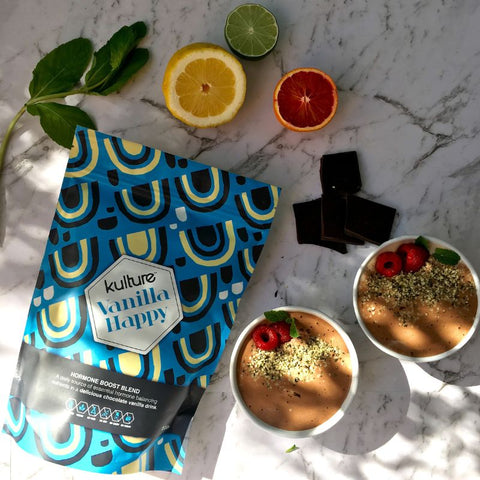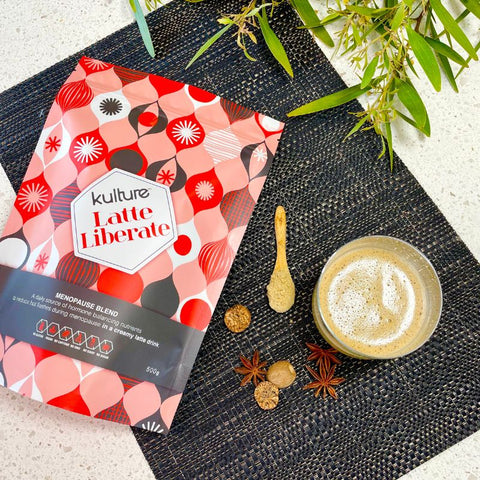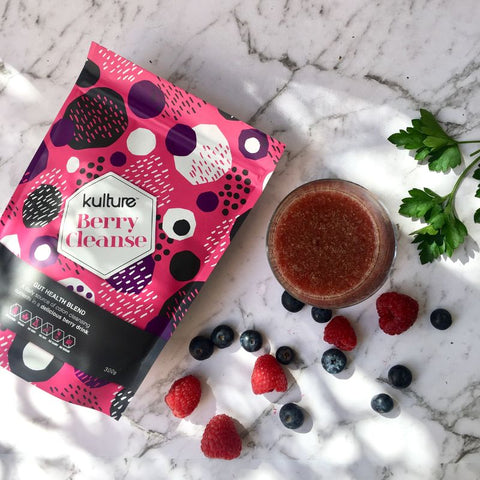The hormones produced by our thyroid are responsible for regulating our body’s metabolic rate and for regulating many of our bodily functions such as breathing, heart rate, body temperature, digestion and how quickly we burn calories. Therefore, it is very important that our thyroid functions properly. When our thyroid produces too many hormones, it can cause hyperthyroidism. This can lead to weight loss, brittle hair, thin skin, palpitations, tremors, and sleep disorders. Consequently, if our body does not produce enough hormones, it can cause hypothyroidism. This can lead to weight gain, increase in cholesterol levels, fatigue, dry skin, forgetfulness, and even depression.
Women should pay particular attention to thyroid issues as studies show that 1 in 8 women are affected with thyroid irregularities. Furthermore, women are 8 times more likely to develop a thyroid condition than men.
Eating a well-balanced diet that includes lots of fresh and organic produce and protein can help regulate thyroid function. Here are some foods that can help:
Foods rich in omega-3 fatty acids:
Pick up some fatty fish such as wild salmon, trout, tuna, or sardines when you’re at the grocery. Hypothyroidism can increase the risk for heart disease and these omega-3 rich fish can help reduce the risk for heart disease as well as help decrease inflammation and boost immunity.
Foods high in Selenium:
Selenium helps regulate thyroid function and one good source of Selenium is nuts. Brazil nuts, macadamia nuts, and hazelnuts are a particularly good source of this nutrient.
Foods rich in Iodine:
Iodine helps in the production of thyroid hormones. Those who have hypothyroidism will benefit from eating food that is rich in this nutrient. Some good sources are seaweed and sea vegetables such as nori, kelp, dulse, kombu, and wakame.
Foods rich in Zinc:
Thyroid hormones are essential for zinc absorption, so hypothyroidism can lead to zinc deficiency. Some good food sources are pumpkin seeds, chickpeas, legumes, nuts and sunflower seeds. Shellfish such as oysters, crabs, and lobsters are also good Zinc sources.
Superfoods:
There are foods rich in a combination of nutrients that can bring balance to the entire endocrine system. Some of these superfoods are Maca root (rich in magnesium, vitamin B2, zinc, vitamin A, vitamin D), fermented food such as raw milk yoghurt or Sauerkraut (rich in magnesium, vitamin B2, vitamin C, vitamin A and probiotics), and green leafy veggies such as Kale (rich in antioxidants, vitamins, and minerals).
If you’re experiencing thyroid issues, try to incorporate these thyroid-supporting foods into your diet.











